
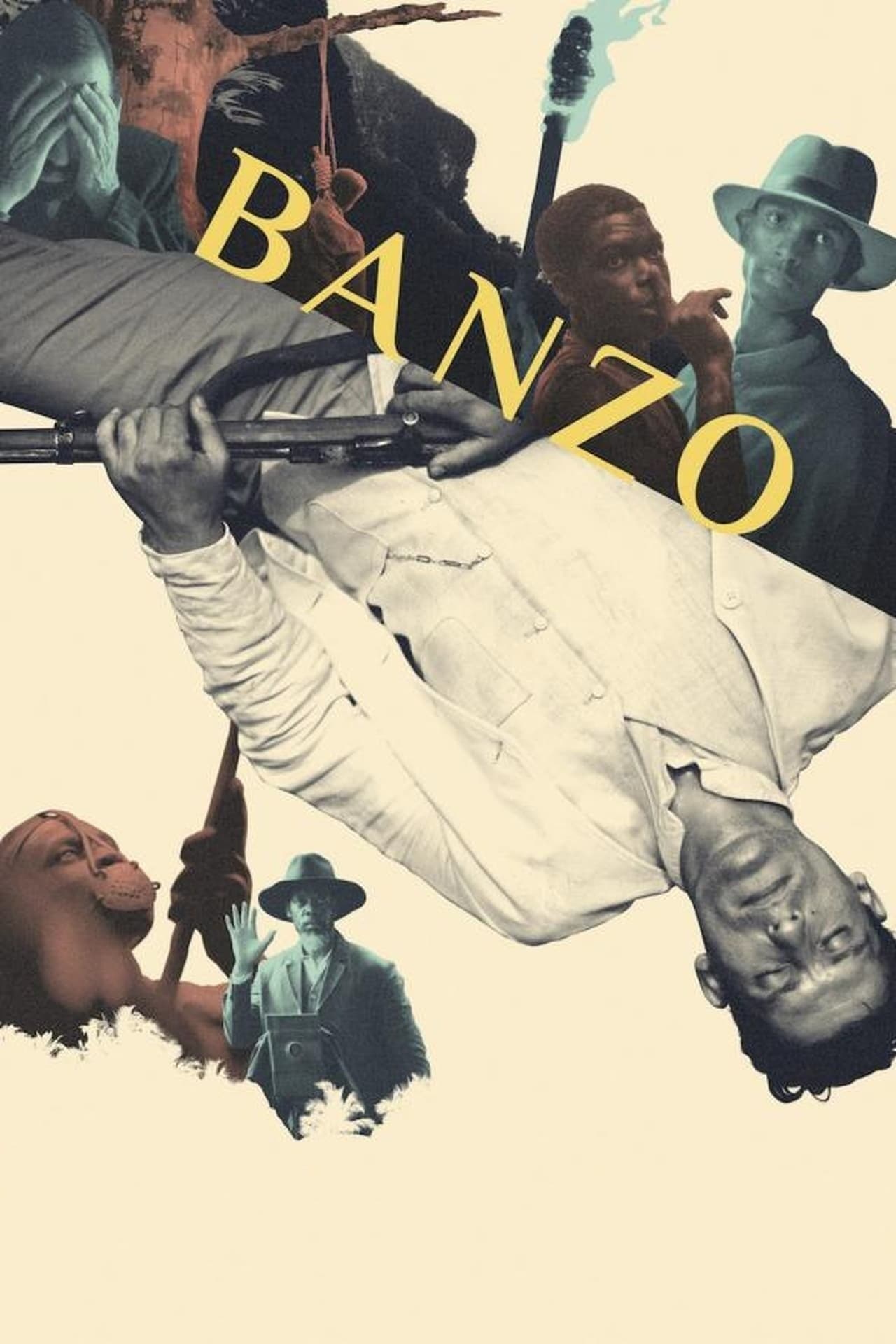
1907. Afonso, a doctor, arrives at Principe Island to cure servants from a cocoa plantation “infected” with Banzo, nostalgia of the slaves, who are dying from starvation and suicide. The group is confined to the forest, where Afonso decides to heal them by trying to understand what is affecting their soul. Will he manage to save them?
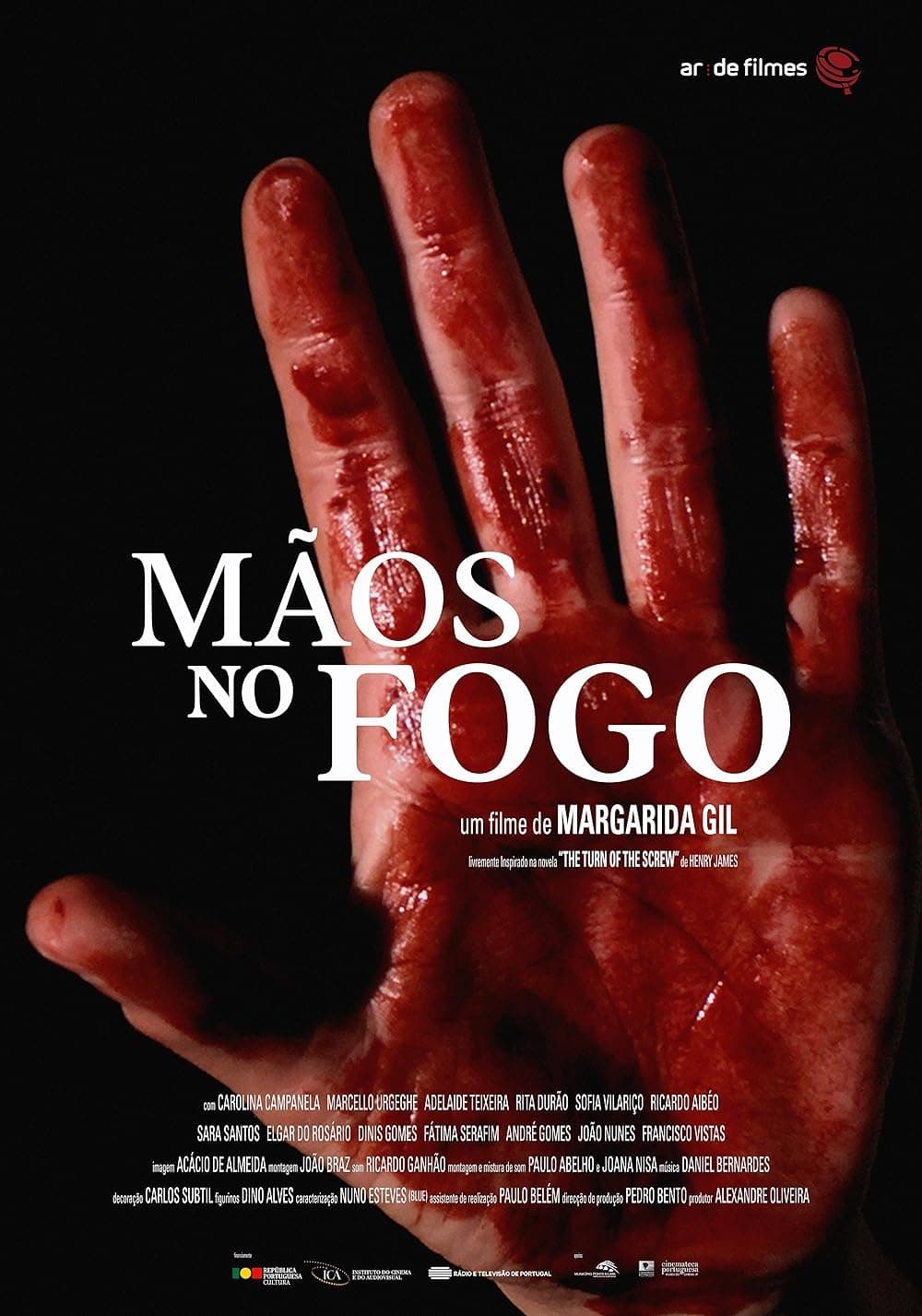
The young film student Maria do Mar is working on a documentary about the old manor houses along the Douro River. It is the final project in her thesis on “Reality in Cinema”. Maria has an unlimited confidence in what is visible. Her candour and her naivety allow her to see the bright side of life – such as the beauty of the landscape and the authenticity of the place, or what’s left of it. But when Maria enters the final manor house on her list, she soon realises that something is going on in this house that is not as innocent as it first seemed. The manor is truly a house of horrors.
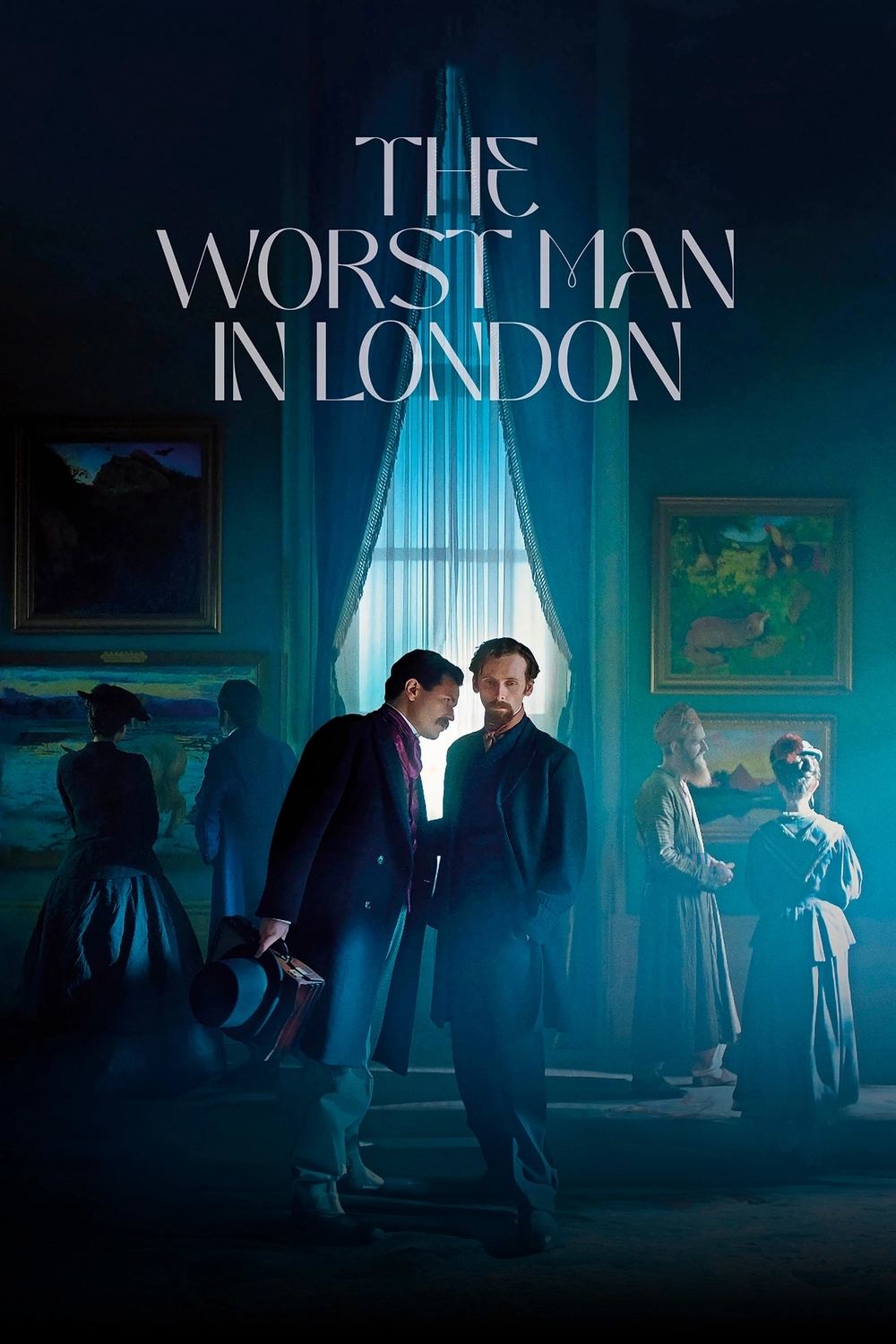
In Victorian London lives a man of adventurous spirit and great wit, Charles Augustus Howell, art agent, art dealer, conspirator and master of blackmail.
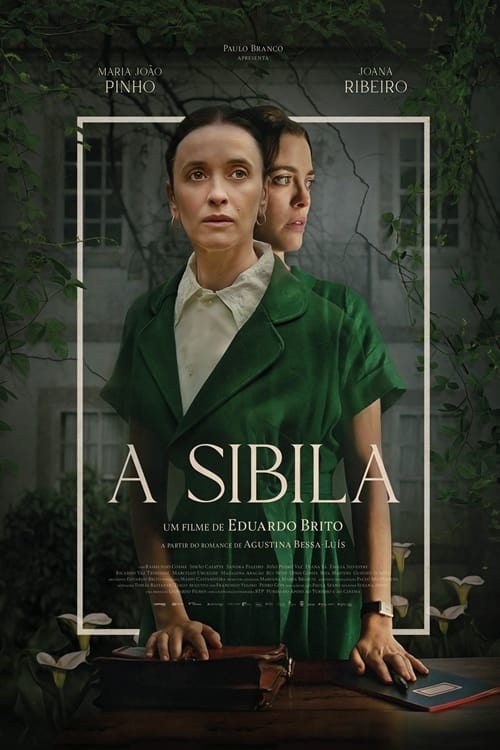
In the mid-20th century, a troubled relationship between Germana, a young writer, and Quina, her aunt who lives in the northern Portuguese countryside. Feelings of jealousy, admiration and the complex magnetism between these two strong women arise.

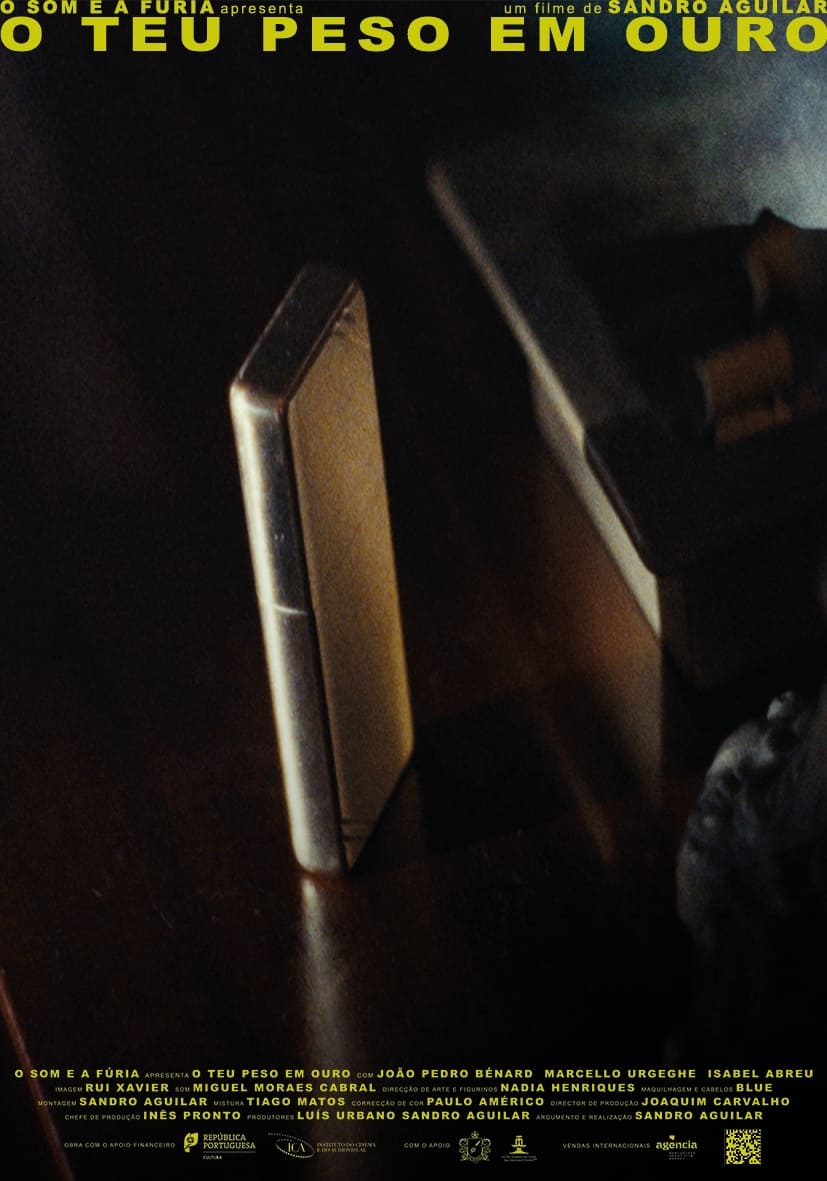
Oscar, a renowned hypnotherapist, uses the last moments in his hotel room to say goodbye to the vertiginous Mercedes and rid old Norberto of his bitterness.

Organized like a dream, structured like a musical and with texts, both spoken and sung, that lead us to unexpected, chaotic and exciting situations, which try to grasp part of what the unattainable Alexandre O'Neill left us.

A small town in Portugal becomes engulfed in a web of political intrigue when a young engineer is recruited as a KGB spy in this historical thriller.

Fernando Pessoa, one of the greatest writers in Portuguese, created an immense parallel world and several heteronyms so as to endure the loneliness of genius. José Saramago, 1998 Nobel Laureate in Literature, has a heteronym, Ricardo Reis, return to Portugal after a 16-year exile in Brazil. 1936 is a perilous year with Mussolini’s fascism, Hitler’s Nazism, Spain’s Civil War and Salazar’s New State in Portugal. And Fernando Pessoa meets his creation, Reis. Two women, Lídia and Marcenda, are Reis’ carnal and impossible passions. “Life and Death as one” allows for literature and cinema.
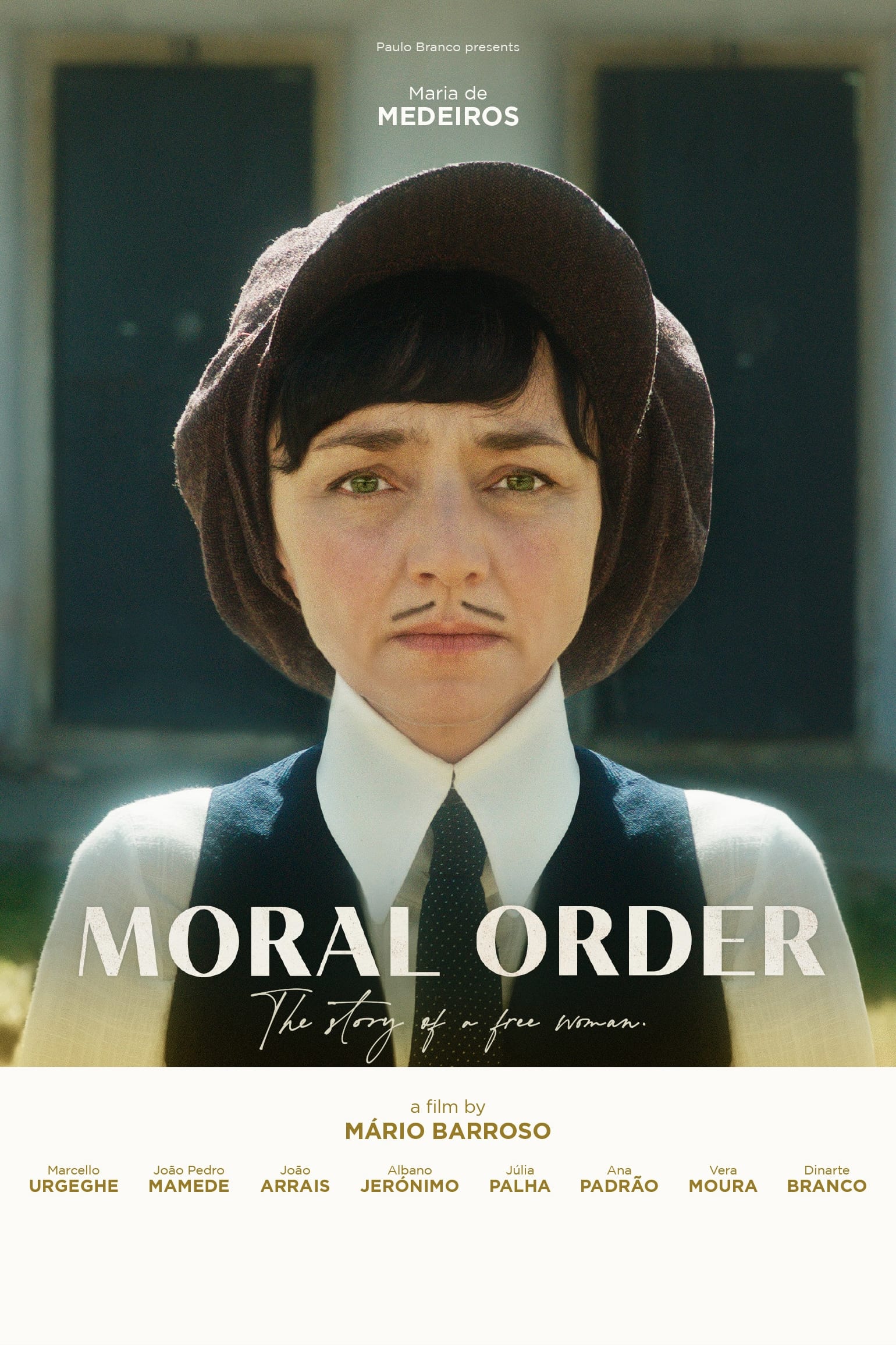
In 1918, Maria Adelaide Coelho da Cunha, heiress and owner of the Diário de Notícias, leaves the social, cultural and family luxury in which she lives to escape with a petty chauffeur, 26 years younger.